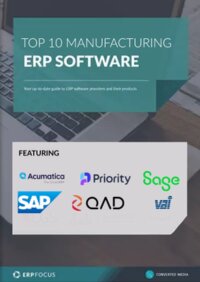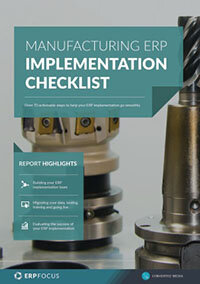Shop Floor ERP Users: The Key to Manufacturing Success
Individuals who work on the manufacturing shop floor are too often forgotten when the conversation turns to ERP systems. They rarely walk up to the mahogany row where the executive suites are and many speak a different technical language, causing them to lose some of the communication regarding ERP in translation. But these shop floor ERP users are part of the enterprise team and manufacturing ERP can fail without their understanding and buy-in for the goals of ERP in your business.
Shop floor ERP users operate high-tech, expensive equipment. They test and assemble your products to meet your customer's expectations. They are also the source of much of the data that a manufacturing ERP runs on.
Shop Floor ERP Transactions
They sign on to jobs and their time setting up or running production is accumulated. They enter the number of units completed or failed at operations throughout the manufacturing processes. Their ERP transactions record that work has physically moved to another assembly area within the plant. Component parts are backflushed from inventory based on those shop floor ERP transactions. They request unplanned inventory from the stockroom to replace damaged parts. They record quality data in the manufacturing ERP.
Manufacturing shop floor ERP users are important for far more than their technical skills. Respect them as a part of the ERP project and you will be rewarded.
All of these transactions made by shop floor ERP users become data processes. Processes that let your customers know their orders will be on time. Processes that are used to plan whether the shop should work overtime or not. Processes that can be used to track whether the products meet quality standards. Processes that will be used to ensure compliance.
When manufacturing shop floor ERP users do not provide the data that fuels these processes, ERP failure ensues.
Giving Shop Floor ERP Users the Tools for Success
To avoid this precursor to ERP failure, our system must make it easy to record time and completion transactions. We should also provide integrated terminals at convenient locations on the shop floor or even implement wearable technology. Perhaps our shop floor ERP users are busy welding parts together and their supervisor has told them that the pallet must be completed before lunch. They should not have to walk to a remote cleaning area and wash up before entering the data. If they are wearing gloves and safety equipment, then a computer keyboard is probably not the best tool. This is example is just one of many which highlight the importance of hardware requirements when it comes to shop floor ERP adoption.
Beware of over control. If shop floor users need to record a production fault, just let them do so. Requiring supervisory approval for a shop floor ERP transaction is a sure way to block the transaction from even being entered. Most failures can be analyzed after the fact. When additional material is needed, just issue it to the job. If a transaction is difficult and skipped, the material will still be used but purchasing will only learn about it in the future when you run out because the inventory record was incorrect.
Recommended Reading: Manufacturing ERP - 10 Steps to Success
Do not force shop floor ERP users to copy data from other sources into the ERP. Automate and link equipment to the ERP directly. Your extruder already tracks how many feet were squeezed through and your saw can track how many centimeters were cut. There is no need to enter the data manually within your manufacturing ERP too.
Explain the ERP production scheduling process and be sure the shop floor users understand it. Yes, they will have to tear down a perfectly good setup that will be needed again tomorrow. But the job in between might be for a new customer who will bring much new business if the order is delivered on time.
Manufacturing shop floor ERP users are important for far more than their technical skills. Respect them as a part of the ERP project and you will be rewarded.
Free white paper
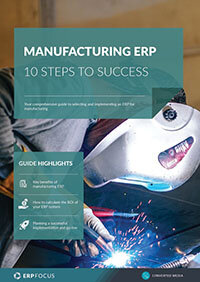
Manufacturing ERP: 10 steps to success
Complete step-by-step guide to manufacturing ERP software
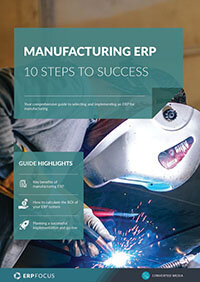
Featured white papers
Related articles
-
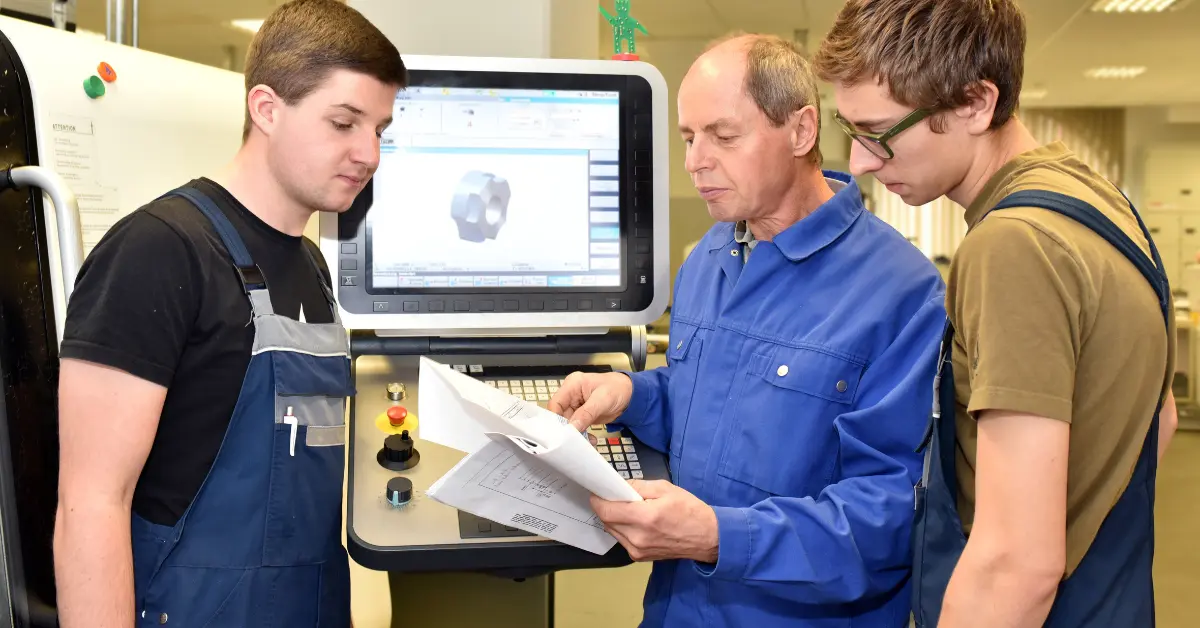
4 training tips for manufacturing ERP success
These four training tips will help your employees get the most out of your new manufacturing ERP ...
-

How the right ERP can help you launch a successful omnichannel business
Petersen Zhu, CEO of DigitBridge and Vibes Base, shares how to create a scalable omnichannel stra...
-
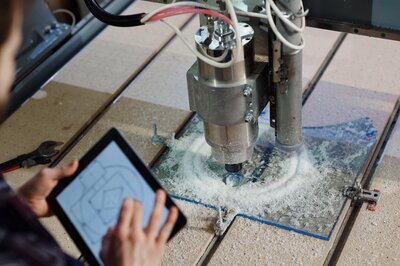
ERP for make-to-order manufacturing
How can ERP help your make-to-order manufacturing business thrive?


